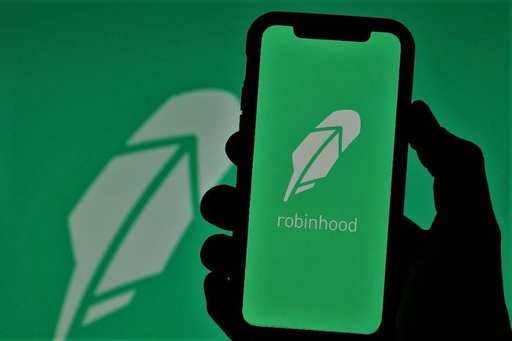
Robinhood Delists Solana, Cardano, & Polygon As SEC Pushes To Oppress Crypto
Robinhood is set to delist Cardano (ADA), Polygon (MATIC), and Solana (SOL) on June 27th, 2023. Users can continue trading until then, but any remaining coins will be sold. Safety measures ensure customer assets are protected. Options to transfer exist for users.
- Published:
- Edited:
In a recent update, Robinhood, the popular commission-free trading platform, has announced its decision to delist three major cryptocurrencies: Cardano (ADA), Polygon (MATIC), and Solana (SOL). The delisting will come into effect on June 27th, 2023 at 6:59 PM ET. While this move may come as a surprise to some users, it is essential to understand the reasons behind Robinhood's decision and the implications it holds for its customers.
Reasons for Delisting
Robinhood regularly reviews the cryptocurrencies it offers to its users, evaluating factors such as market demand, regulatory considerations, and ongoing developments. Following its latest review, the platform has determined that ending support for ADA, MATIC, and SOL aligns with its strategic goals. However, the specific reasons behind the delisting have not been explicitly disclosed.
Impact on Users
Until the delisting deadline, Robinhood users will still have the ability to buy, sell, and hold ADA, MATIC, and SOL. Furthermore, transfers of these cryptocurrencies will be permitted until June 27th, 2023. However, residents of Hawaii and Nevada will be restricted from purchasing ADA, MATIC, and SOL, while those in New York will be unable to transfer these assets.
Any remaining ADA, MATIC, and SOL in Robinhood Crypto accounts after the deadline will be automatically sold at market value, with the proceeds credited to users' Robinhood buying power. It is worth noting that this delisting only applies to ADA, MATIC, and SOL, and other cryptocurrencies available on Robinhood will remain unaffected.
Safety and Security Measures
Robinhood reassures its customers that their crypto assets are safe and protected by industry-leading security measures. The platform utilizes cold storage to hold the majority of users' cryptocurrencies, ensuring an added layer of protection. Moreover, Robinhood emphasizes that it does not engage in practices such as lending or leveraging its customers' coins.
Options for Users
Users who do not wish to sell their ADA, MATIC, and SOL have the option to transfer their assets to another wallet or crypto platform, provided they reside in a state where transfers are permitted. This enables users to retain control over their cryptocurrencies beyond the delisting deadline. However, any ADA, MATIC, and SOL remaining in Robinhood accounts after the deadline will be automatically sold.
Conclusion
Robinhood's decision to delist Cardano, Polygon, and Solana has raised questions among its user base. While the specific reasons behind the delisting have not been disclosed, it is evident that the platform regularly evaluates and adjusts its cryptocurrency offerings. Users are advised to take note of the delisting deadline and consider their options, including transferring their assets to other platforms to maintain control over their investments.


